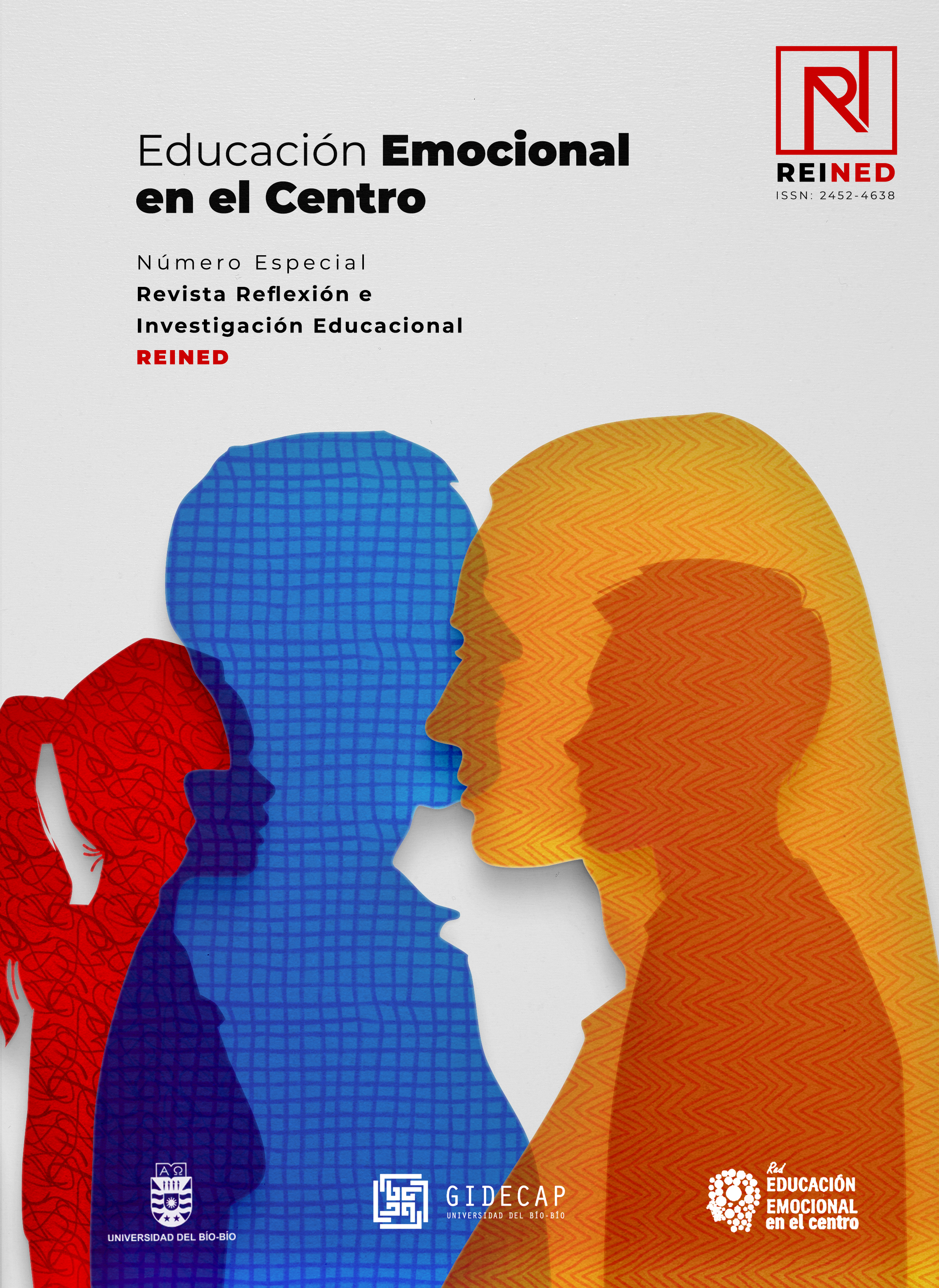FpN AN EDUCATIONAL PRACTICE FOR PHILOSOPHY IN THE CLASSROOM
Main Article Content
Abstract
Philosophy for Children (P4C) is a pedagogical approach promoted by Matthew Lipman and Ann Sharp in the sixties, with the aim of teaching philosophy at an early age, promoting in them the search for answers to those natural questions that arise from their curiosity, to stimulate critical thinking from the interaction with the environment and those who build it. This program was born from the need to change the traditional teaching that focuses on passive memorization and not active critical thinking. The objective of this conference was to make known the beginning of P4C and its contribution, in order to understand it and to undertake other propositional alternatives that are built in the contexts of the subjects. The aim is to change the classroom environment into a democratic and reflective space, where children can exchange ideas of different meanings, situations, conflicts and can solve them in a constructive way. This practice allows them to explore themselves and deeply understand others, thus contributing to a more just and reflective society.
Article Details
References
Barraza, S., & López, H. (2019). reflexiones filosóficas entre madres adolescentes víctimas de maltrato infantil.
Childhood & Philosophy, 15, 1–25. https://doi.org/10.12957/childphilo.2019.42582 DOI: https://doi.org/10.12957/childphilo.2019.42582
Dewey, J. (2007). Cómo pensamos. La relación entre pensamiento reflexivo y proceso educativo. Paidós Ibérica
Elizalde, P. (2024). Filosofía para niños, filosofía para el futuro. Grupo Educar, 230.
https://www.grupoeducar.cl/revista/edicion-230/filosofia-para-ninos-filosofia-para-el-futuro/
Lipman, M. (1995. Petrópoli. Voces.
Lipman, M. (2000). Filosofía y niños. Vieira Luciano, Ed.
Lipman, M. (2002). La Filosofía en el Aula. Ediciones de La Torre, Ed.
Lipman, M. (2003). Pensar en educación. Cambridge, Ed.
Lone, J. M. (2011). Questions and the community of Philosophical Inquiry. Childhood & Philosophy, 7, 75. 75-89.
http://www.redalyc.org/articulo.oa?id=512051603005
Michaud, O., & Gregory, M. R. (2022). philosophy for children as a form of spiritual education. Childhood and
philosophy, 18. https://doi.org/10.12957/childphilo.2022.69865 DOI: https://doi.org/10.12957/childphilo.2022.69865
Naldoniová, L. (2023). Philosophy and creativity with children: Lipman, Vygotsky, Rodari. Ruch Filozoficzny, 1–
https://doi.org/10.12775/RF.2024.05 DOI: https://doi.org/10.12775/RF.2024.05
Pulido, O. (2019). Filosofía para niños, ciudadanía y experiencia filosófica. Praxis & Saber, 10(23), 9–17.
https://doi.org/10.19053/22160159.v10.n23.2019.9738 DOI: https://doi.org/10.19053/22160159.v10.n23.2019.9738
Rojas, V. A., Echeverria, E., Cazares, L., & Garralaga, I. A. (2024). Philosophy for children. A project to learn to
philosophize. Haser-revista internacional de filosofia aplicada, 15.
https://doi.org/10.12795/HASER/2024.i15.05
Rojas, V. A., Echeverría, E., Cáceres, L., & Garralaga, I. (2024). Filosofía para Niños. Un proyecto para aprender
a filosofar. Haser, 15(15), 153–199. https://doi.org/10.12795/HASER/2024.i15.05 DOI: https://doi.org/10.12795/HASER/2024.i15.05
Sobarzo, M. (2018, April 16). Enseñanza de filosofía en educación básica es central para valorar la democracia.
Universidad de Santiago de Chile. https://www.usach.cl/news/ensenanza-filosofia-educacion-basicacentral-
para-valorar-la-democracia
Topping, K. J., & Trickey, S. (2020). Filosofía para Niños. In UNESCO. www.iaoed.org
Velasco, C. (2024). Filosofía para niños semilla ético política para una cultura de paz desde un pensamiento
polivalente. Childhood & Philosophy, 20, 01–38. https://doi.org/10.12957/childphilo.2023.78888
Velasco Moreno, C. F. (2021a). Filosofía para Niños: un reto para la educación ética y en valores. Haser, 12, 13–
https://doi.org/10.12795/HASER/2021.i12.01
Velasco Moreno, C. F. (2021b). Filosofía para niños: un reto para la educación ética y en valores. Haser, 12, 13–
https://doi.org/10.12795/HASER/2021.i12.01 DOI: https://doi.org/10.12795/HASER/2021.i12.01

